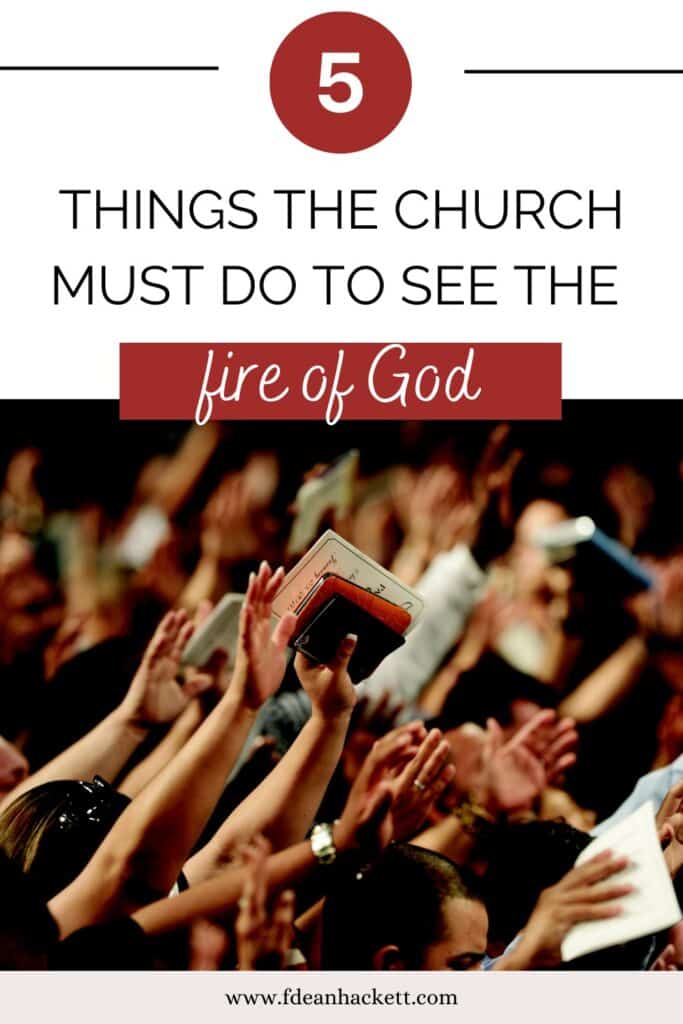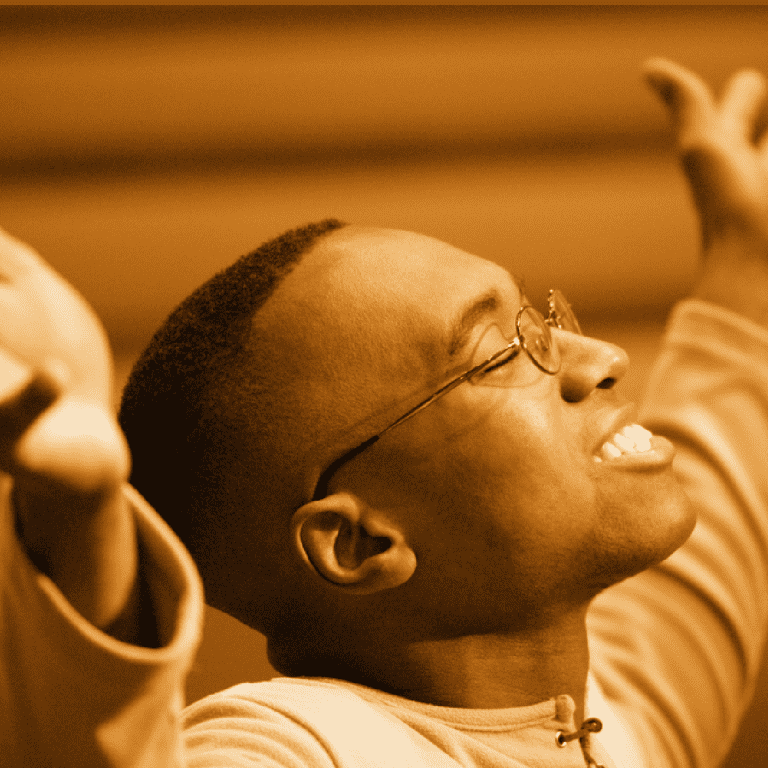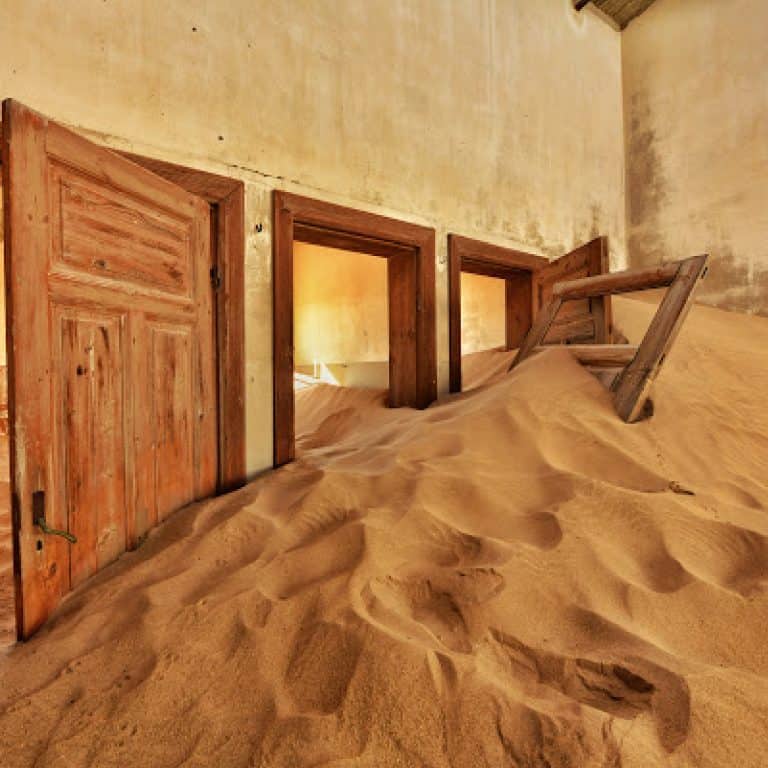5 Things the Church Must Do to See the Fire of God
I hope you love the products and resources I recommend here at Foundational. It is possible that I get a commission and collect income from the links on this page. Click here for more info.
The nation of Israel was at a critical point.
The economy was in a down turn suffering from years of drought.
National leadership was corrupt.
The moral compass was distorted by a cloudy spiritual climate of syncretic worship of the true God with the worship of Astarte and Baal.
Into this backslidden nation God sent one of His greatest prophets.
Seemingly out of nowhere, came Elijah the Tishbite, thundering the call of God, “Choose you this day whom you will serve.”
Israel had come to the decision point.
Is the God of Abraham, Isaac, and Jacob the true God, then serve Him. If Baal is God, serve him. Duplicity can no longer be tolerated.
The challenge took place on Mount Carmel. Elijah called all the people of Israel and the four hundred and fifty prophets of Baal to meet him.
The challenge was quite simple, actually.
The prophets of Baal were to build an altar and offer a sacrifice to their god and Elijah would build and altar and offer a sacrifice to Jehovah.
No fire was to be placed under the altar. Each would pray to their deity and the one who answered by fire would be the true living God.
Elijah encouraged the prophets of Baal to go first.
They sang, danced and mutilated themselves before their god for hours. No answer came. Elijah mocked them.
“May be he is asleep. You should sing with more passion. Maybe he has taken a trip, call out louder. Maybe he has fallen asleep.”
No amount of singing, dancing, and blood-letting appeased their deity and no fire came.
Elijah rebuilt the altar of El Shaddai that had been neglected and decayed. He placed the sacrifice on the altar and dug a deep trench around it. They soaked the sacrifice and the altar with four barrels of water three times.
At the time appointed for the evening sacrifice, Elijah cried out to the God of Abraham, Isaac, and Jacob,
“Let it be known this day that You are God in Israel and that I am Your servant and that I have done all these things at Your word.”
Immediately, Almighty God answered by consuming the water, the sacrifice and the altar with His holy fire.
It is no coincidence the living God revealed Himself by fire.
When He made covenant with Abram, He revealed His presence and made His vows of intention by coming as a consuming fire upon the sacrifice Abram had prepared.
When He delivered the children of Israel from Egyptian slavery He revealed His presence in a pillar of fire by night and a pillar of cloud by day.
The prophet John the Baptist declared, “He who is coming after me is mightier than I, whose shoes I am not worthy to carry. He will baptize you with the Holy Spirit and with fire” (Matthew 3:11 MEV).
When the Holy Spirit came on the day of Pentecost, “Suddenly a sound like a mighty rushing wind came from heaven, and it filled the whole house where they were sitting. There appeared to them tongues as of fire, being distributed and resting on each of them…” (Acts 2:2-3 MEV).
“Our God is a consuming fire,” wrote the writer of Hebrews (12:29).
That raises an important question.
Where is the fire of God today?
Even cursory view of the church since the Reformation reveals seasons when the church was consumed of holy fire. The last fifty years of western church history has seen little fire.
Oh, there has been much activity but little fire of God.
It is a curious sight, indeed.
We have mega churches with the largest attendance in the history of the western church, and barely a flicker of His holy fire.
We have music of such quality it stretches the English language to describe; with musicians, lights, and sound that staggers the imagination; but little fire.
There is passionate worship emoting love for God and shouts of praise that raise the decibel meters to the red zone, but little fire that consumes the heart and purifies the believer to holy living.
Ah, see the sacrifice on the altar?
Hear the praise and shouts?
See the dancing?
The worshipers are sweaty and passionate, but the sacrifice and the altar are not yet consumed with the fire of Heaven.
Where is the holy fire that consumes the sacrifice?
This generation of western believer is content with the passion, the music, and the presentation of the sacrifice. Indeed, they have come to believe that is the point.
They have been taught by their spiritual leaders that is the objective of worship.
Theologians and biblical scholars have accepted and entrenched this generation in the concept we are positionally face to face with God through the death, burial and resurrection of Jesus Christ.
The purpose and reason for the worship gathering is to bring God the sacrifice and the praise as an expression of thankfulness.
The entire concept of believing and anticipating an actual encounter with the Living God and experiencing His holy fire in our life personally and as a congregation has been diminished and in some arenas completely removed.
They have altogether forgotten the main objective; God’s holy fire consuming the sacrifice.
The point of the music, the praise and the meeting is not to bring God a perfect blend of harmony; it is not to present Him a perfect sound with drama, lights, and smoke, all created through human effort.
The point is to bring Him a sacrifice of praise that He consumes with fire from Heaven and a smoke that arises from His manifest presence.
“I beseech thee therefore brethren by the mercies of God, that ye present your bodies a living sacrifice, holy and acceptable unto God which is your reasonable service” (Romans 12:1).
How different the church would look in the western world if it would again learn to wait on God for His holy fire to fall.
5 Things the Church Must Do to See the Fire of God
1. The lead pastor must refuse to abdicate his role as the main worship leader in the house.
No matter how large or small the church, the lead pastor must be on his face before God until he is consumed by holy fire.
Then, like King David, he must lead his flock (mega church or small) in seeking God and worshiping Him with all their heart.
He may have a worship pastor or leader, but he does not lay down the significant role of being the worship leader of the house.
2. The music pastor or worship leader must see their main role, not of perfecting the music and the musicians, but of humbly assisting the lead pastor in leading the people into the Holy of Holies where they come face to face with Almighty God and are consumed by the fire of His holy presence.
3. The worship experience must turn from being “stage centered” to “Heaven centered
From being entertainment driven to passionately seeking God
From being a listening experience by the congregation to being participatory and fully entered into by the church family hungry after the manifest presence of Almighty.
4. The music must move from extremely complicated musician driven to easy to learn music, easily sung by the congregation:
- Words that declare the wonder and glory of God
- Lyrics that come directly out of the Scripture
- so the church family can learn and know well
- so they can sing it with expression and devotion
- while presenting themselves a “living sacrifice to Him.”
5. The altars must open again as a place where the humbled, broken, contrite in heart can come and seek God until they are consumed with holy fire and filled with heavenly joy.
It is decision time for the church.
We must come to the mountain of God and allow Him to consume our sacrifice with His holy fire.
We must humble ourselves, admitting our spiritual pride, and adjust our objective and purpose.
Seek Him and only seeking must become our passion and our objective.
Read more content like this:
Who Will Be a Man of God In This Generation?







